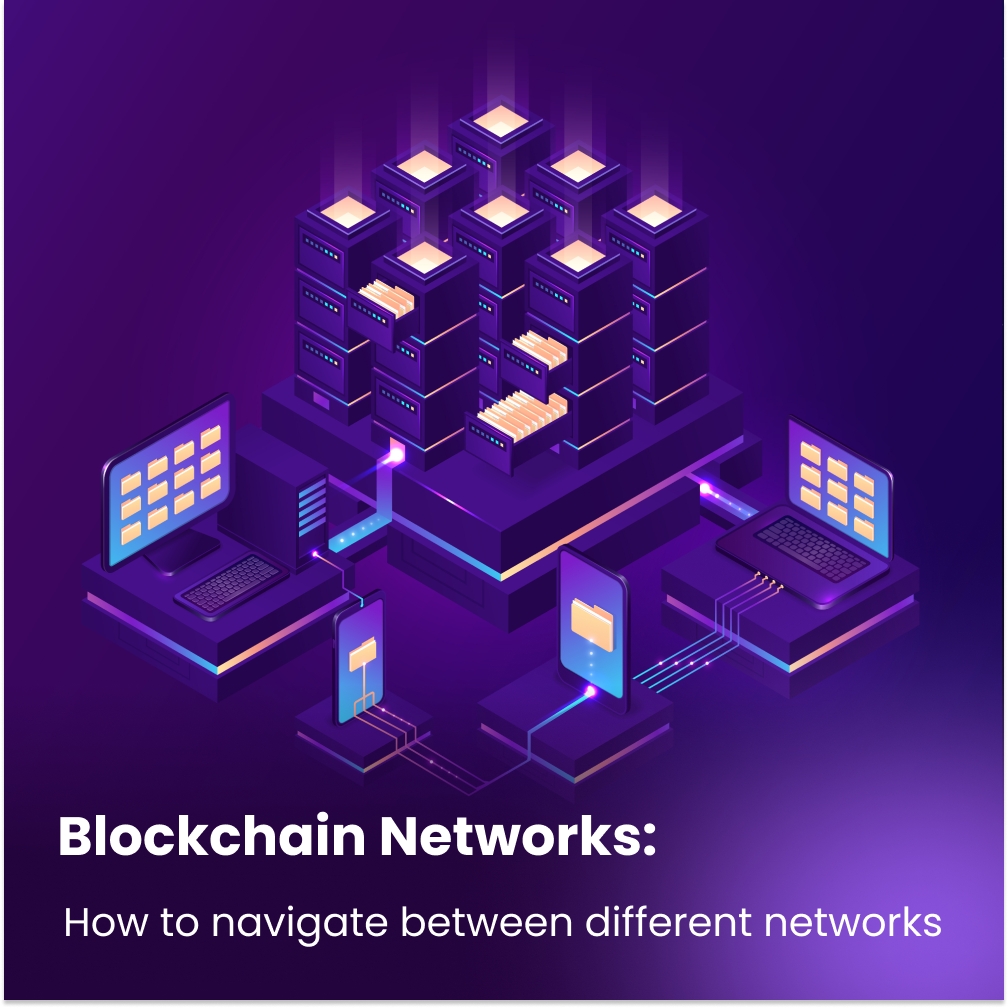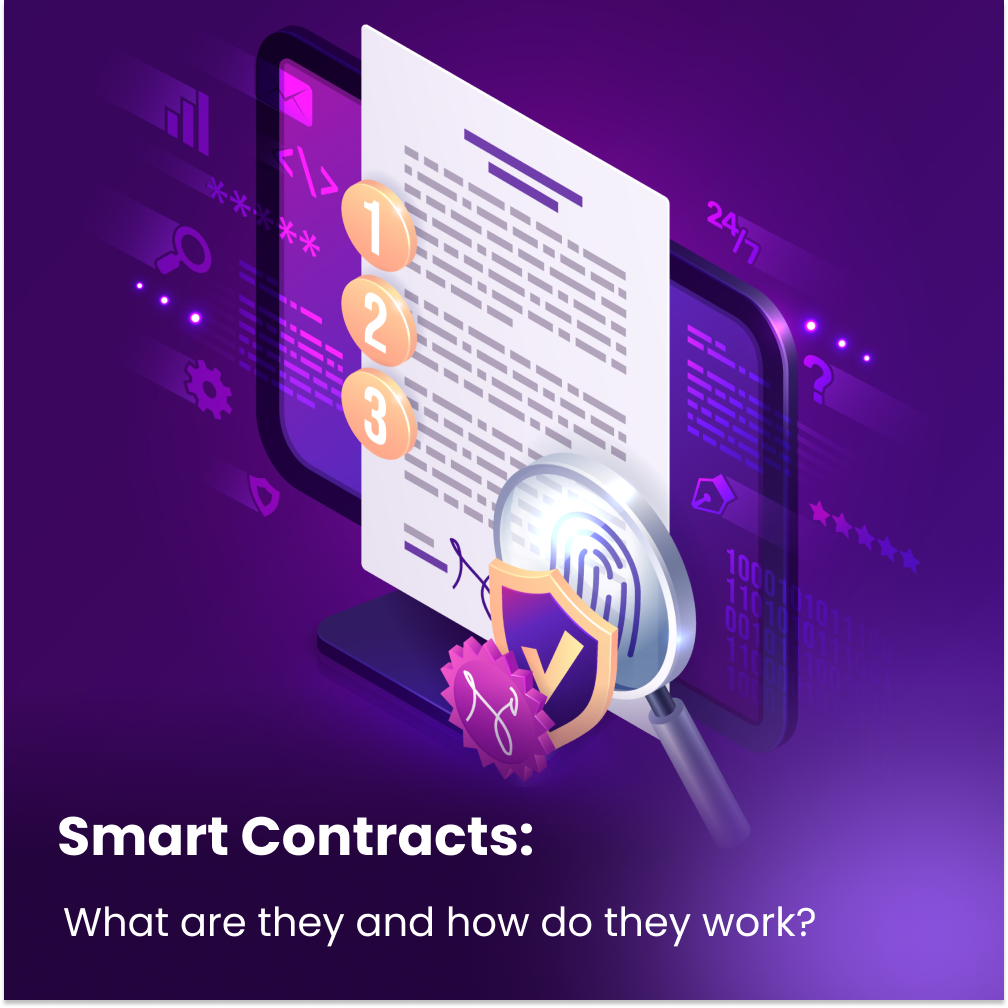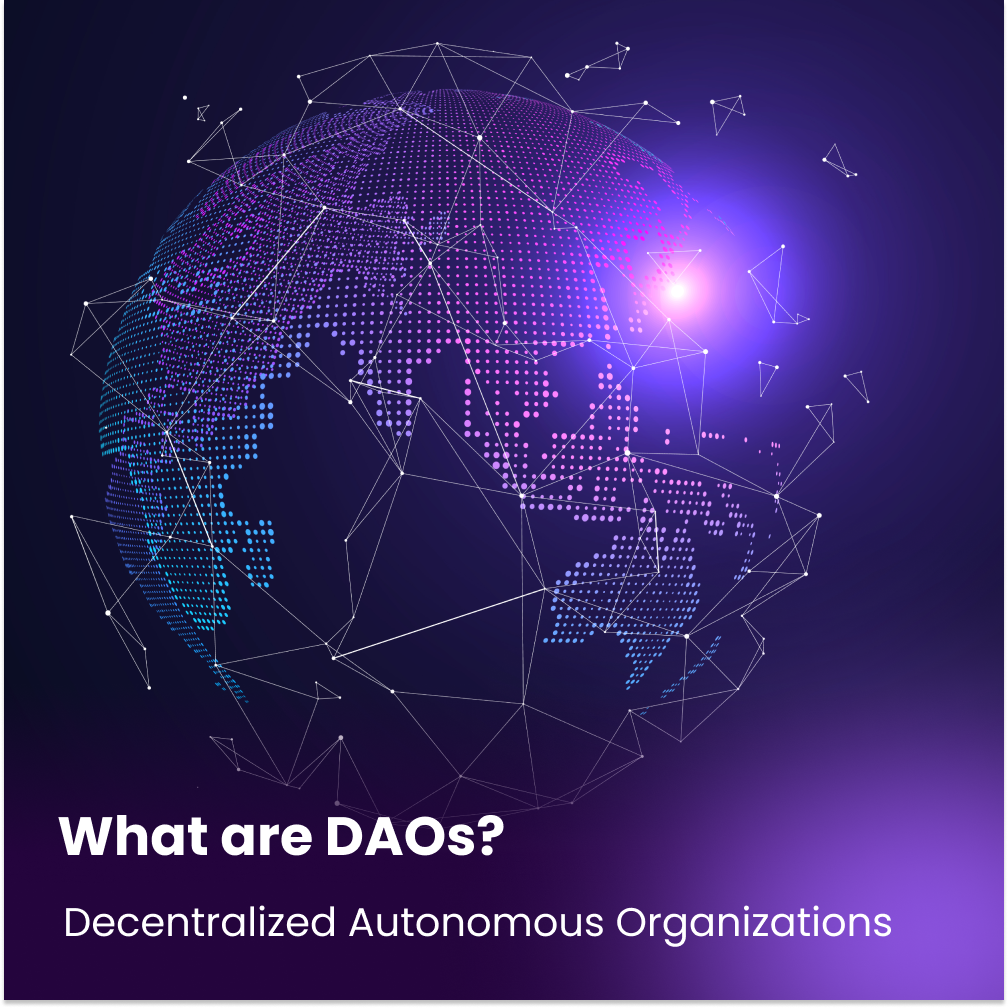
Estimated reading time: 5 minutes
In the ever-evolving landscape of decentralized platforms, a groundbreaking concept has taken center stage: The Decentralized Autonomous Organization, or DAO.
While the term might sound futuristic, DAOs are rapidly transforming the way communities collaborate, make decisions, and govern themselves in the digital realm. By harnessing the power of blockchain technology and smart contracts, DAOs are revolutionizing traditional organizational structures, enabling decentralized decision-making, and unlocking opportunities for collective ownership and participation.
In this article, we explore the fascinating world of DAOs, exploring their origins, core principles, and the potential they hold for reshaping the future of governance and economic systems in the age of decentralized platforms.
What is a decentralized autonomous organization?
Decentralized Autonomous Organizations (DAOs) represent a paradigm shift in managing businesses, projects, and communities in the digital realm.
Built on the foundations of blockchain technology, DAOs operate without a central authority and are entirely owned and controlled by their community members. This democratized approach empowers every participant to exercise their voting rights and actively contribute to organizational decisions.
By leveraging smart contracts on the blockchain, DAOs ensure complete transparency, as all proposals, decisions, and voting processes are publicly accessible.
The primary objective of DAOs is to streamline complex operations, fostering efficient and transparent digital interactions while minimizing the need for intermediaries or traditional management structures.
In doing so, DAOs emerge as innovative digital entities that provide organizational transparency and accountability, revolutionizing conventional models of governance and control.
How does a DAO work?
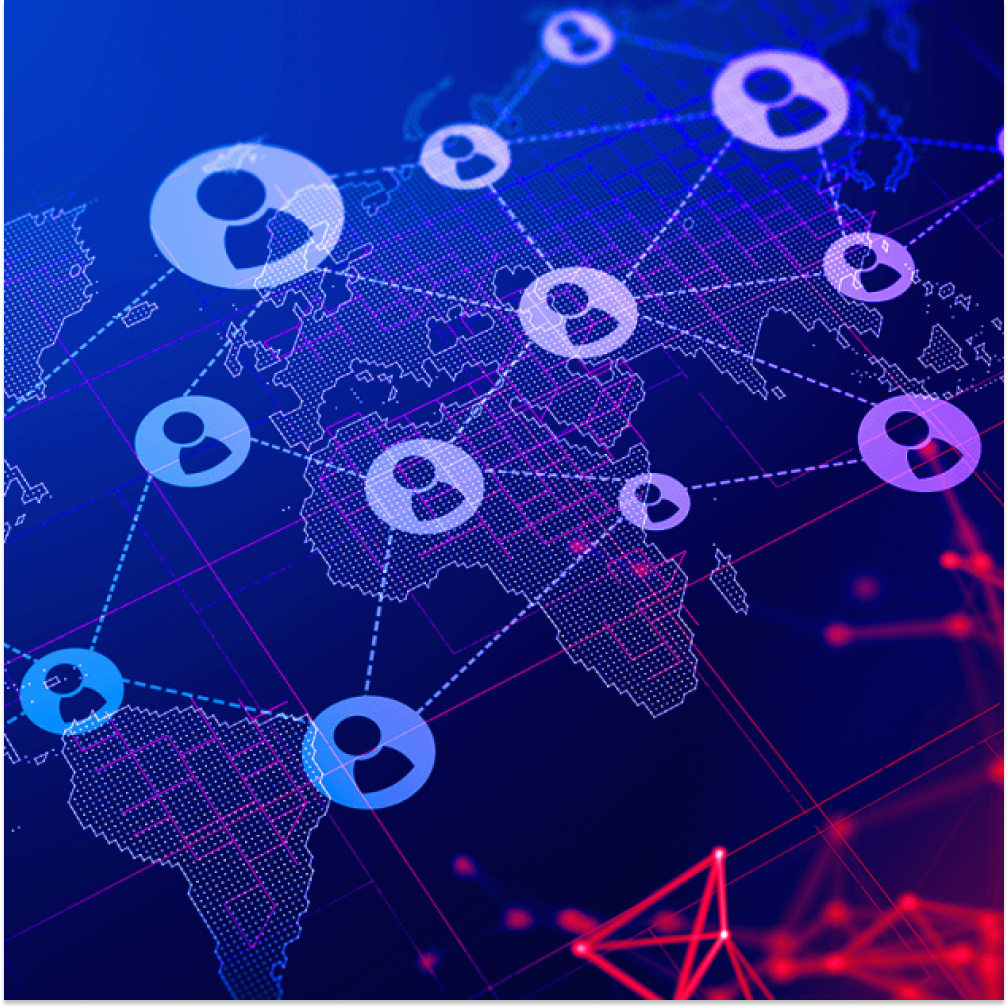
DAOs establish their rules and operations through the use of smart contracts, which are developed and implemented by a core team comprising community members.
These smart contracts serve as the guiding framework for the decentralized autonomous organization, ensuring transparency, verifiability, and public auditability.
This transparency allows anyone to fully understand the inner workings of the DAO.
In the context of a DAO, a governance token, often created by the DAO founders, is introduced. These tokens are subsequently distributed to users, backers, and other stakeholders.
Within the organization, each token carries a specific amount of voting power, granting holders the ability to participate in decision-making processes.
The value of these tokens is also influenced by the secondary market, where they can be bought and sold as required.
Despite the decentralized nature associated with DAOs, it is important to note that governance token data often indicates a high degree of concentration of ownership within the DAO.
What are the types of DAOs?
There are several types of Decentralized Autonomous Organization, each with its own unique characteristics and functionalities. Here are some common types:
- Protocol DAOs: These DAOs focus on the development and governance of decentralized protocols or blockchain infrastructures.
- Investment DAOs: These DAOs enable collective investment decisions and management of funds. Members pool their resources to invest in various assets, such as cryptocurrencies or tokens.
- Social DAOs: Social DAOs revolve around fostering communities and supporting social causes.
- Service DAOs: Service DAOs provide specific services or products to their members or external users. These can range from decentralized exchanges and lending platforms to marketplaces and content-sharing platforms.
- Governance DAOs: These DAOs focus primarily on decision-making processes and governance structures. They aim to create transparent and participatory systems where members can vote on proposals related to the DAO’s operations.
- Hybrid DAOs: Hybrid DAOs combine elements of multiple types mentioned above. They may have a diverse range of functionalities and structures, depending on the specific needs and goals of the organization.
What are the benefits of a Decentralized Autonomous Organization?
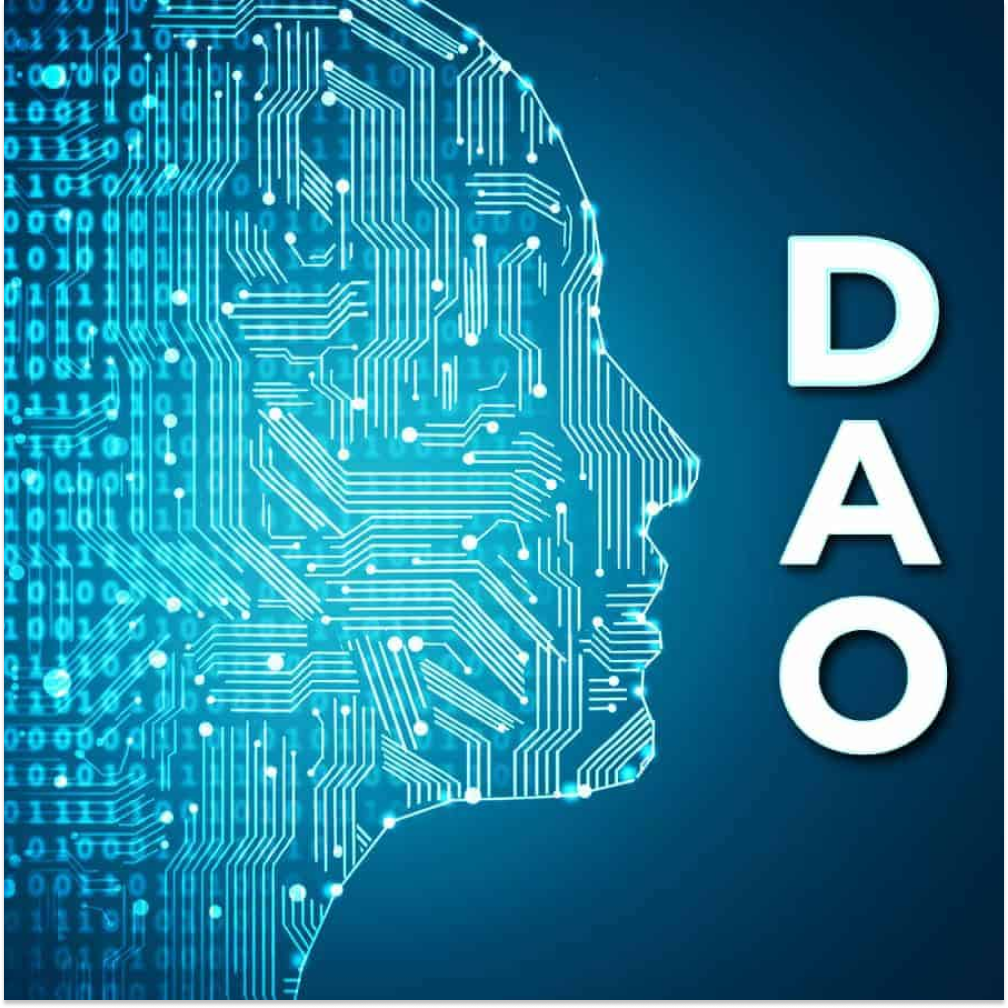
DAOs offer several compelling benefits that contribute to their growing popularity. Here are some key advantages of DAOs:
- Decentralization: DAOs operate without a central authority or hierarchical structure, distributing power and decision-making among their community members.
- Transparency and accountability: DAOs leverage blockchain technology, enabling transparent and auditable operations. All transactions, proposals, and voting activities are recorded on the blockchain, providing a verifiable and tamper-resistant ledger.
- Community ownership: DAOs enable collective ownership and participation. Each member holds governance tokens that grant them voting rights and influence over decision-making processes.
- Trustless operations: Smart contracts power DAOs, automating various processes and reducing the need for intermediaries. By relying on predefined rules encoded in smart contracts, DAOs can execute transactions and enforce agreements without the need for manual intervention.
- Token economy: DAOs often have native tokens that align incentives among participants. Token holders can be rewarded for their contributions, whether through voting, providing resources, or participating in the organization’s activities.
These benefits of a decentralized autonomous organization collectively empower individuals, foster collaboration, and enable innovative models of organizational governance and economic participation in the digital age.
The role of DAOs in decentralized platforms
A crucial component of the spatial computing definition is the concept of Decentralized Autonomous Organization (DAOs).
Spatial Computing has paved the way for the emergence of entirely new economic entities known as DAOs. These decentralized autonomous organizations play a vital role in facilitating interactions within the spatial environment.
DAOs, in conjunction with blockchain technology, form the foundation of a governance network that enables boundless online participation and collaboration on crypto-projects, particularly among digitally native individuals.
This innovative approach challenges traditional organizational structures and raises important considerations regarding regulatory clarity and investor protection.
While government measures may have been insufficient, ongoing efforts are being made to foster innovation and develop frameworks that facilitate the involvement of willing communities.

